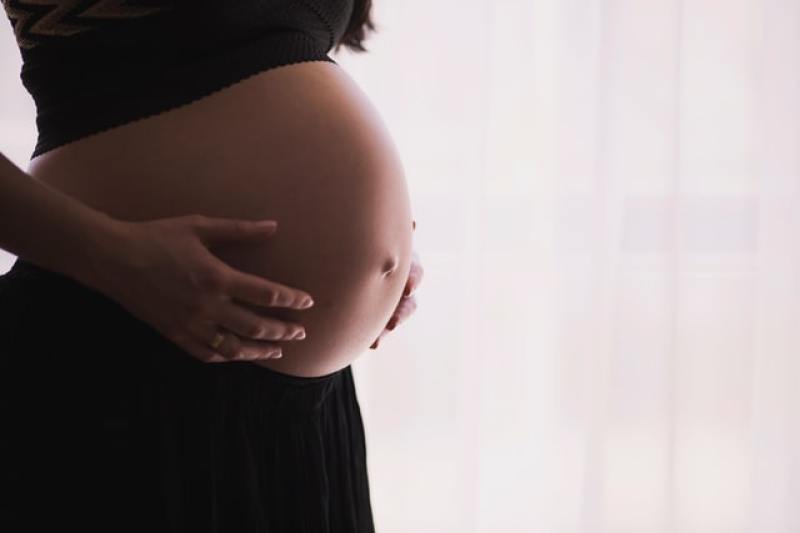
Life is still the most important human right says Live Action in their feature article on the recently concluded Human Rights Week of the United Nations.
The said event is actually the 72nd Human Right Day that is annually celebrated every December 10, commemorating the Universal Declaration of Human Rights.
According to Live Action, the United Nation's advocacy on human rights denies the "most foundational right" to life for it is exclusive only to those who are strong and able.
In particular, it denies the right to life to unborn babies and promotes self-assisted death to the old, weak, and disabled.
"Yet while the UN states that the "torture, cruel, inhuman, and degrading treatment" of any human is prohibited, this same powerful global entity coercively promotes abortion and has promoted euthanasia. In doing so, the UN makes it clear that still today, only certain human beings are viewed as worthy of the "non-derogable" right to life," Live Action's Nancy Flanders stressed.
Flanders said this is contradictory to having a Universal Declaration of Human Rights that was designed to correct the "atrocities of the past that the United Nations lists the right to life as a "core human right" that is "non-derogable," meaning it must be safeguarded under all circumstances" and yet push for abortion and assisted suicide.
Flanders cited the UN Human Rights Committee's adoptation of "a document" in 2018 "that actually pressured pro-life countries to legalize abortion" as a clear indication that the organization acts in contrary to what it advocates.
She also cited that the same committee have presented in 2017 the "right to die" as an altered interpretation to the right to life through euthanasia be granted to the elderly, chronically ill, and the physically disabled. The option to provide the same right to die is said to be made available as well to those suffering particular cases of mental illness.
"Location is the determining factor that makes preborn human beings expendable to the UN and to countries like the United States. While human embryos and fetuses are not considered persons under the current law of the United States or other Western nations until they are completely born, there is no denying that they are human beings. Science proves this," she said.
Flanders contrasted the varying positions of pro-life and pro-abortion groups on the right to life. According to her, the former "states that the preborn baby has his or her own right to life--a right to not be killed" while the latter does not even recognize the unborn child as a human being but rather a simple lump of tissue and, therefore, have no human rights such that it can be legally disposed of by the mother at any given time.
She explained that the "pro-life position does not pit mother against child or argue that the preborn baby's rights should trump the mother's rights."
In contrary, the "pro-abortion position does pit mother against child and argues that the mother's right to bodily autonomy trumps her child's right to life, and therefore her child can legally be killed through torturous methods that the UN would object to if they were used on born human beings."
"The same is true for the elderly, for whom suicide is considered not only acceptable but is applauded. But these are human beings who are just as worthy of the right to life as those considered healthy and able-bodied," she expounded.
Flanders ended saying, "Every human being, regardless of age, health, or location is worthy and deserving of the right to life. For every human being to be ensured the foundational human right to life, we must end abortion and euthanasia for good."
The United Nations' 2020 theme for World Human Rights Day is "Recover Better--Stand Up For Human Rights," which aims to ensure that human rights are upheld in the recovery of COVID-19 patients.





























